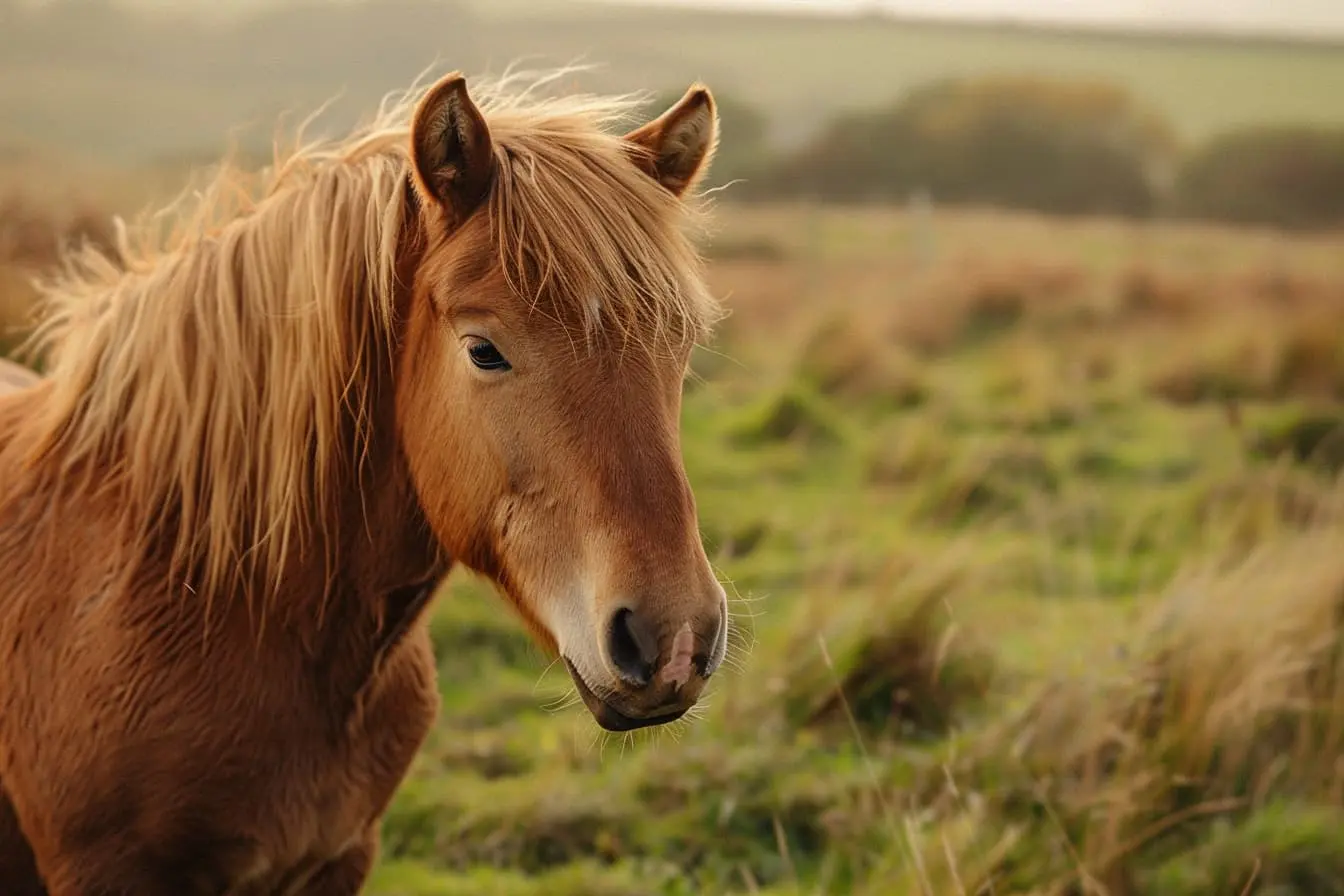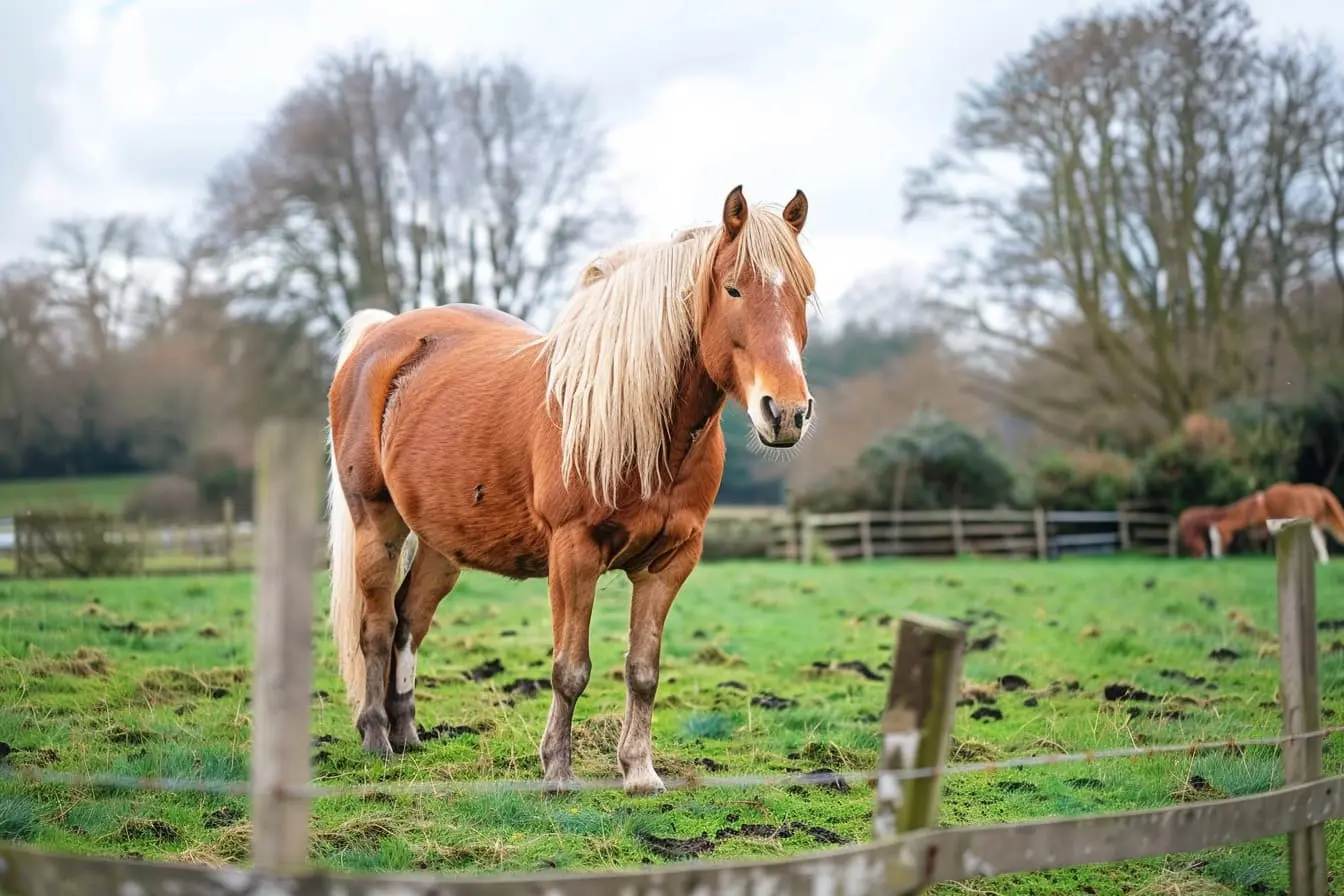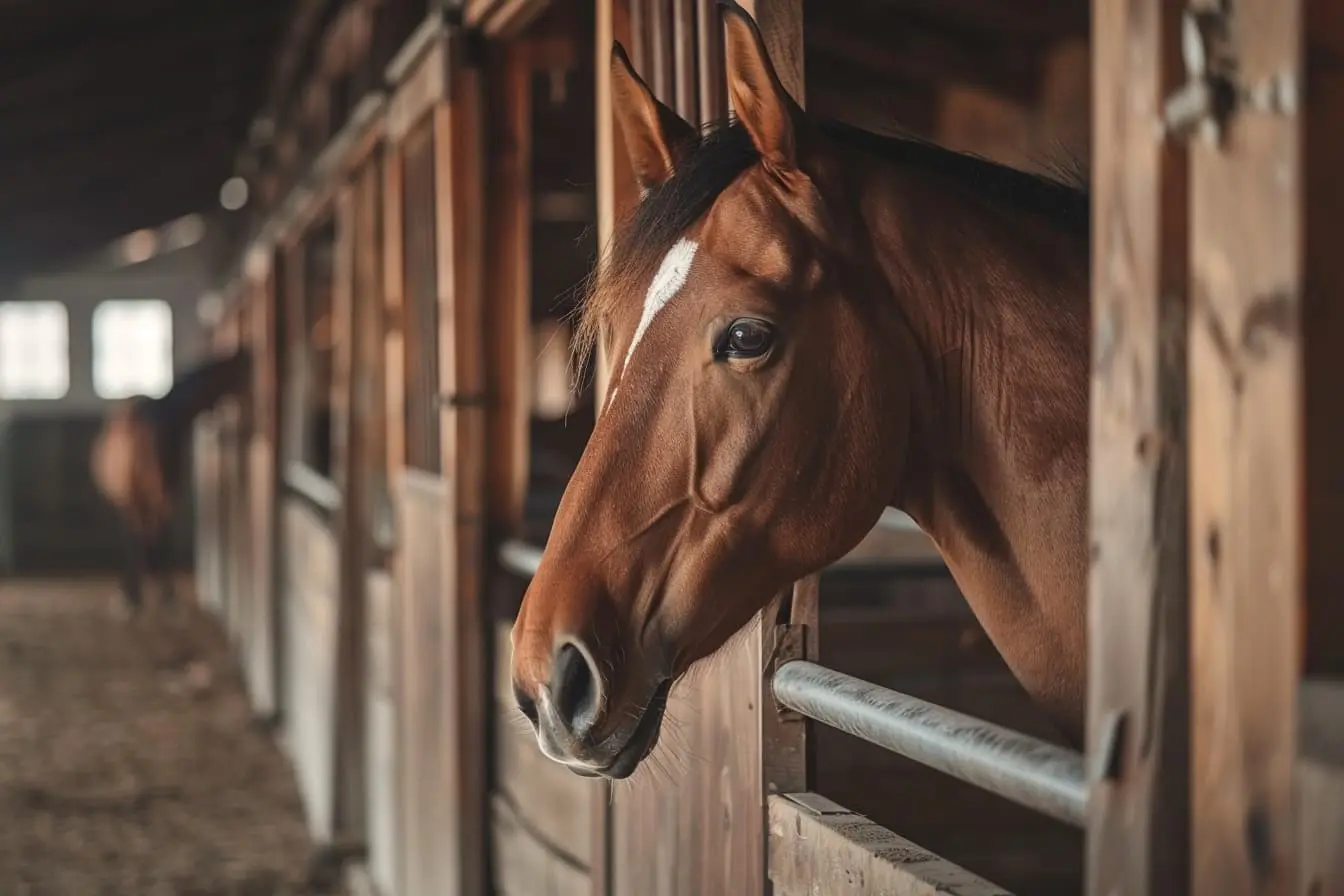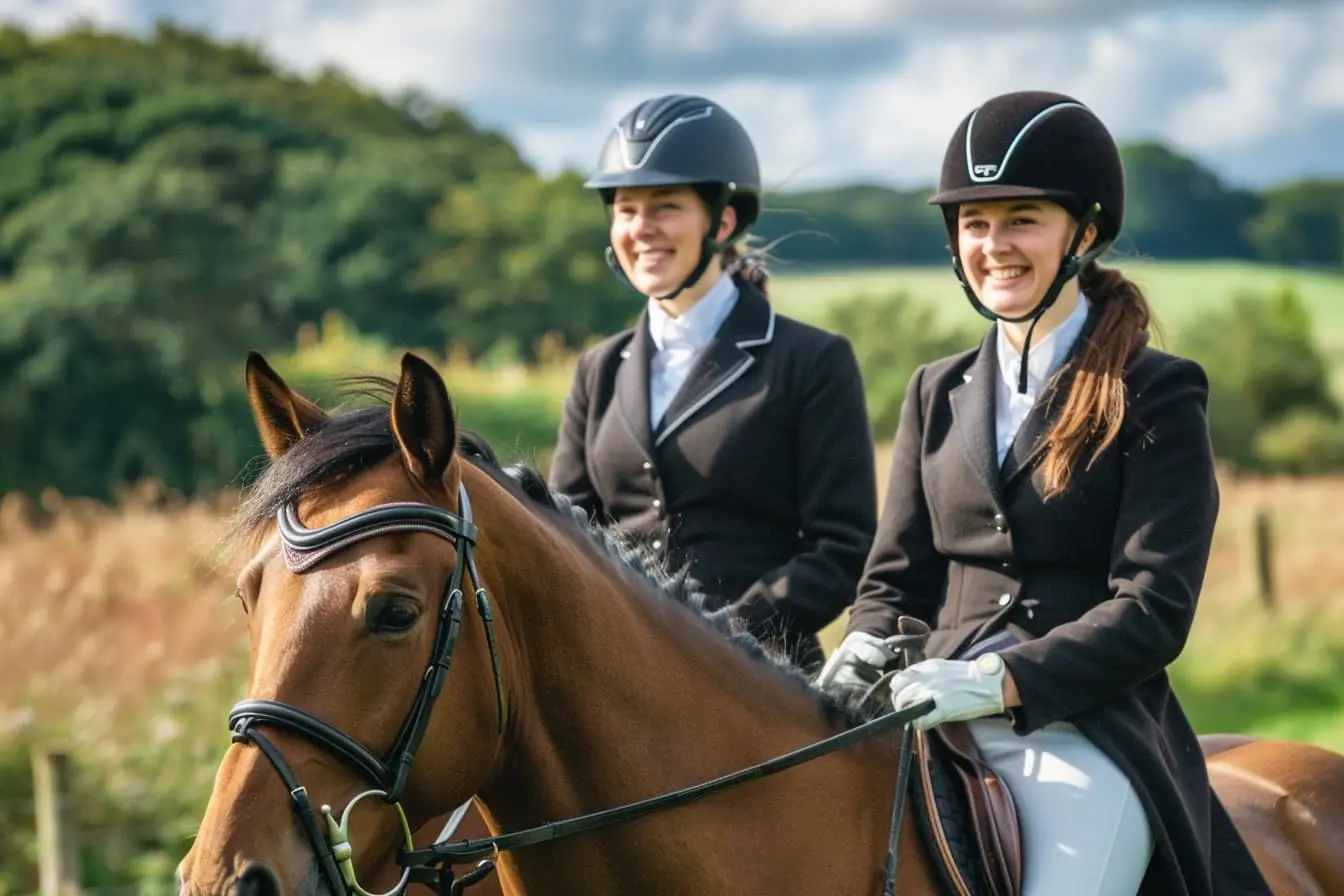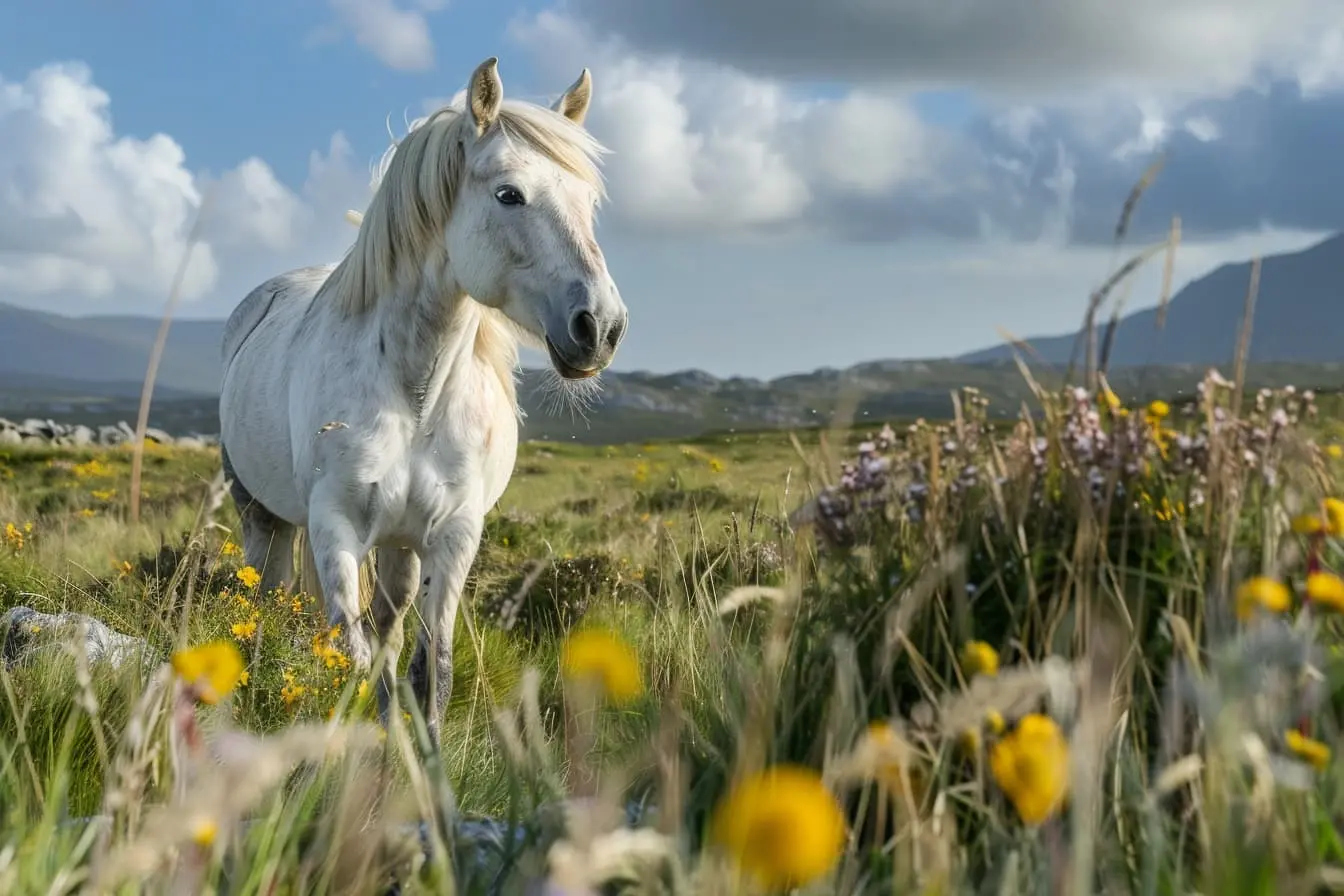
Foods to Avoid: A New Horse Owner's Guide to Equine Diet No-Nos
Becoming a horse owner is an adventure filled with joy, challenges, and learning opportunities. While understanding what to feed your horse is crucial, it's equally important to know what foods to avoid. This guide outlines common foods that are harmful to horses, helping you steer clear of potential dietary disasters.
Dangerous Foods for Horses
Horses have sensitive digestive systems, designed to process a herbivorous diet primarily consisting of grasses and other plant material. Certain foods that are harmless or even nutritious for humans can be toxic to horses. Here's a list of foods you should never feed your horse:
- Chocolate: Often a favourite treat among humans, chocolate is toxic to horses due to theobromine, a compound that horses cannot metabolise. Even small amounts can lead to serious health issues.
- Avocado: All parts of the avocado, including the fruit, pit, and leaves, contain persin, a substance that can cause heart, respiratory, and gastrointestinal problems in horses.
- Caffeine: Sources of caffeine like coffee, tea, and energy drinks can cause restlessness, heart palpitations, and muscle tremors in horses. Avoid these to keep your horse calm and healthy.
- Dairy Products: Horses lack the enzyme necessary to digest lactose, making dairy products a poor choice. Feeding milk, cheese, or other dairy can lead to digestive upset.
- Garlic and Onions: These common kitchen ingredients can lead to anemia if consumed in large quantities, as they contain compounds that destroy red blood cells in horses.
- Potatoes and Tomatoes: Members of the nightshade family, these vegetables can be toxic to horses, potentially causing gastrointestinal distress and nervous system effects.
- Bread and Other Fermentable Foods: Foods that can expand or ferment in the digestive system, such as bread, can lead to colic or laminitis, both of which are serious health issues.
- Lawn Clippings: Feeding freshly cut grass or lawn clippings can cause digestive upset or blockages. It's best to allow horses to graze naturally or feed them pre-prepared forage.
Precautionary Measures
Always exercise caution when introducing new foods into your horse's diet and do so gradually. It's essential to stick to a diet that closely resembles what horses would eat in the wild - primarily grasses and specially formulated horse feeds that meet their nutritional needs. If you're ever in doubt about whether a food is safe for your horse, consult with a veterinarian or equine nutritionist.
Conclusion
Owning a horse is a responsibility that comes with the need to understand their dietary needs deeply. While there are many healthy and safe options to feed your horse, a number of foods can cause harm. By avoiding the items listed above, you can help ensure your horse remains healthy, happy, and ready to enjoy many years by your side. Remember, when in doubt, leave it out, and always seek professional advice when considering changes to your horse's diet.
Tags
Vets near you
Speciality vets
- Aquatics vet specialists
- Birds vet specialists
- Camelids vet specialists
- Cats vet specialists
- Cattle vet specialists
- Deer vet specialists
- Dogs vet specialists
- Equines vet specialists
- Exotic vet specialists
- Goats vet specialists
- Pigs vet specialists
- Poultry vet specialists
- Sheep vet specialists
- Small Mammals vet specialists
- Wild vet specialists
Vet facilities
- Accessible by public transport
- Blood testing
- Car park nearby
- Client car park
- Dentistry
- Diagnostic imaging
- Disabled public access
- Flea and worm treatments
- Microchipping
- Mobile services
- Neutering
- Open at weekends
- Out-of-hours service
- Referral interests
- Referrals only
- Street parking outside
- Toilets available
- Vaccinations
